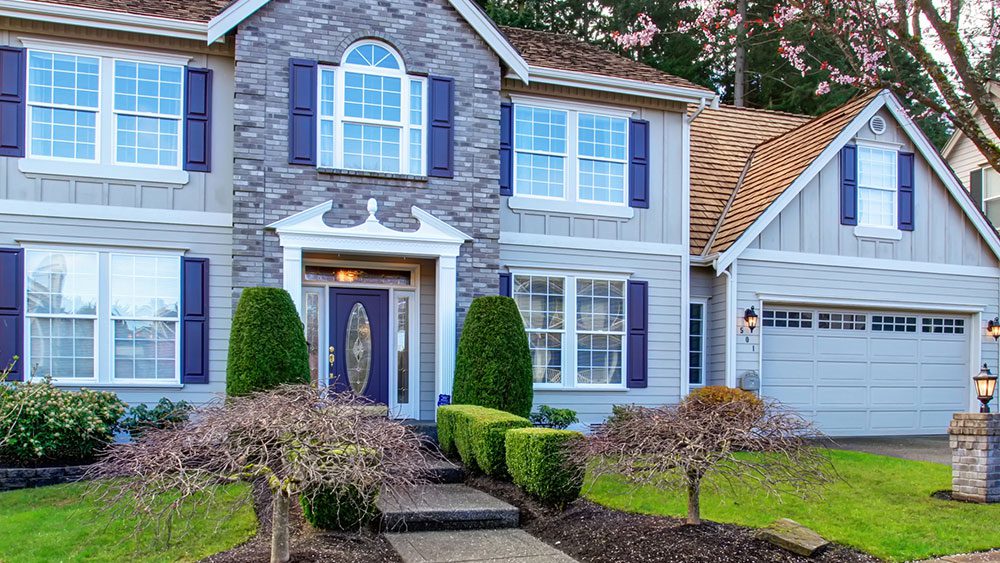The real estate industry has enjoyed constant growth over the past few decades. According to Statista, its total revenue was $9.5 billion in 2021 and could reach well over $14 billion by 2030. This 4.8% growth rate can be attributed to homeowners learning mortgage-offsetting methods like house hacking.
While the concept of house hacking isn’t new, its application is becoming popular. More people are slowly applying it to their mortgage repayment plans. As a prospective homeowner, given housing costs today, you may want to think in that direction.
Not sure where to start? This article will discuss the basics of house hacking and how you can benefit from this revenue-generating process.
What is House Hacking?
House hacking refers to the practice of making your house a revenue-generating asset. Traditionally, this means purchasing a small multi-family property and renting out part of it.
The money collected from the tenants is used to pay all or part of the mortgage. As such, the homeowner can build equity while maintaining their property.
When done correctly, you can easily live in an expensive house at a low cost. Some people can even generate a small income from their home ownership.
Another reason to consider house hacking is the favorable mortgage rates that come with it. Since you’ll live in one of the units, financial institutions will view the property as owner-occupied. As such, you can enjoy lower mortgage rates than you would if you purchased a commercial rental property.
Remember, though, that these financial benefits come at a cost. You must be ready to live in a multi-family home; however, you will have some control regarding the tenants who live there.
Tips to Consider when House Hacking
You’ll need a sound strategy to enjoy the benefits of house hacking fully. Here are some tips to keep in mind as you plan your investment.
#1 Understand all Available Financing Channels
Research all available financing methods before commencing your project. This way, you’ll know which option best fits your needs and long-term repayment plan. Federal Housing Administration (FHA), conventional, and Veteran Administration (VA) loans are three popular ways to finance your property purchase.
FHA and VA loans are government-backed. As a result, the government insures them, which minimizes risks for the bank and mortgage lenders. As such, they offer better mortgage rates than their conventional counterparts.
VA-backed loans even allow you to receive 100% financing on your property. Another notable difference between FHA and VA loans is that the latter may not require mortgage insurance.
#2 Search for the Right Property
Your next step is to find a property that meets your house hacking strategy. It should be good enough for you to live in and to attract potential tenants. Remember, most house hackers eventually rent out their primary residence. So, it would help if you chose a home perfect for prospective tenants right from the start.
Another factor to consider is the neighborhood. Find a property within an area that’s attractive to your target tenants in terms of security and monthly rent. The job market and population within your selected neighborhood should also indicate higher future demand from tenants.
After finding your desired property, you can start preparing it for your project. But first, make sure it’s ready for renting before you start looking for a tenant.
#3 Find your Tenant
Before bringing in a tenant, it’s vital first to understand all the relevant regulations. The Fair Housing Act and landlord-tenant laws guide your social and financial relationship with your tenant.
Once you’ve learned all the regulations, move forward and find the right tenant. But first, determine the criteria you’ll use to qualify someone, and that may include income-to-rent ratio and credit score.
The next step is to scout for potential tenants. Given the modern market, the best way to do that is through real estate internet marketing. List your house on social media, real estate websites, and relevant forums.
You’re likely to receive several applications after listing your property. Review each of them by conducting a background check on the prospective tenants. The tenant’s employment history may be one of the most important factors to consider, as it indicates the risk level.
Closing Points
House hacking continues to be a popular way to offset a mortgage. However, apart from generating income from your property, you’ll begin learning the lucrative art of generating revenue from real estate investing.
© 2024 xpertRealtyMarketing.



